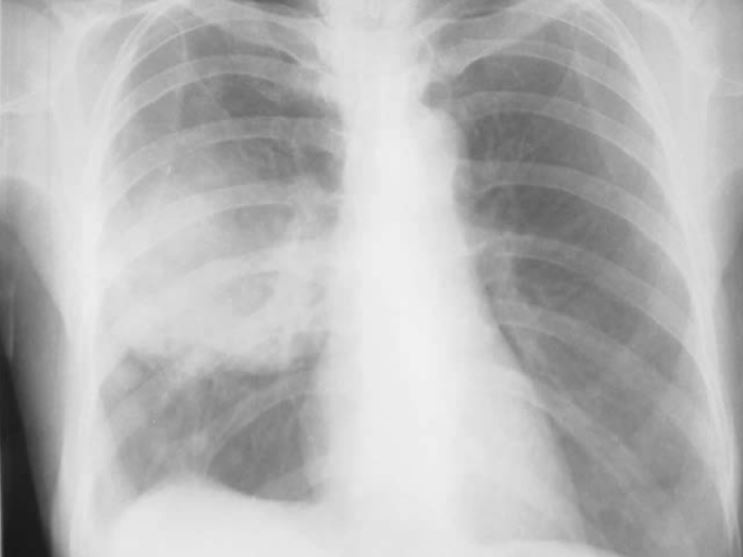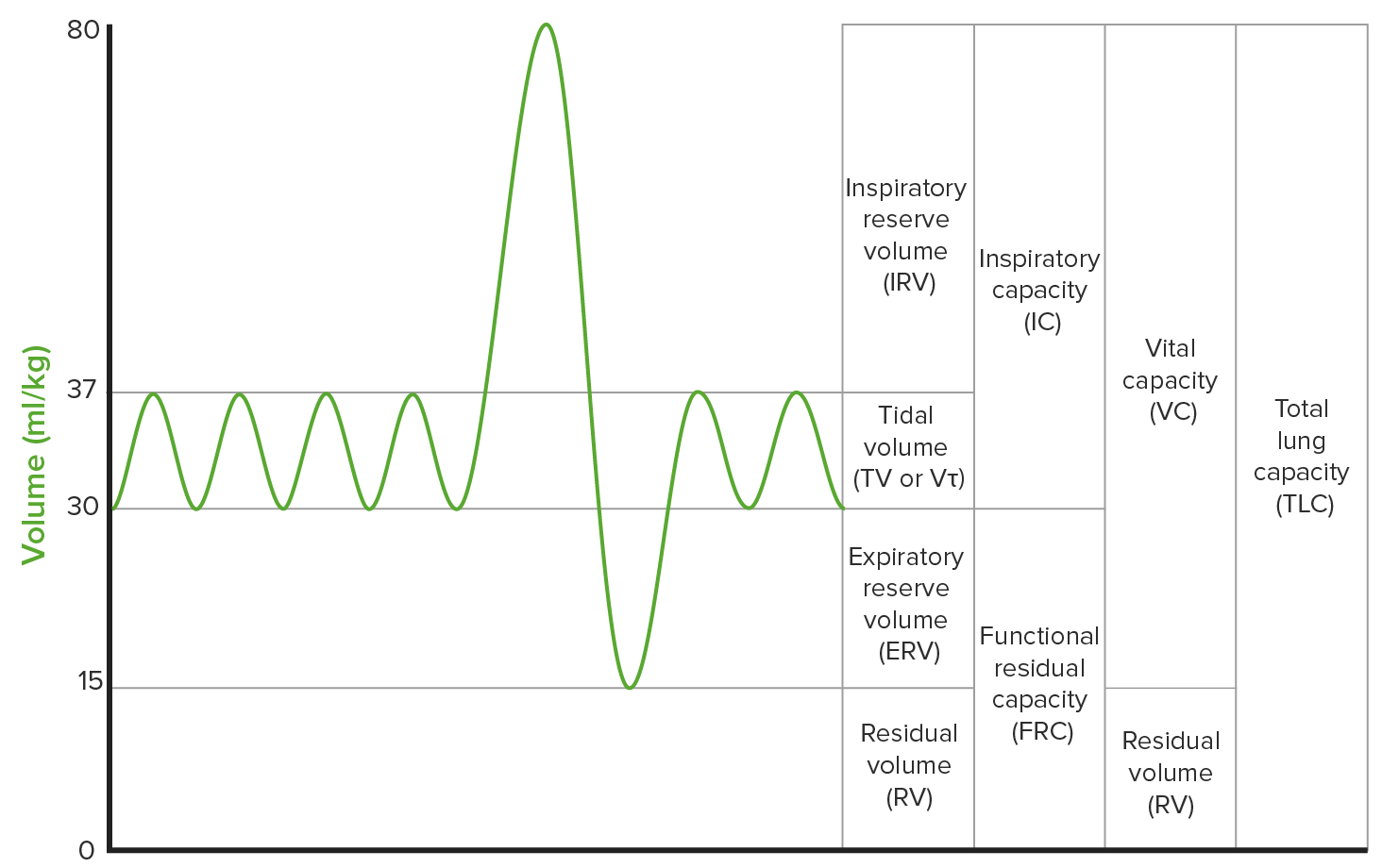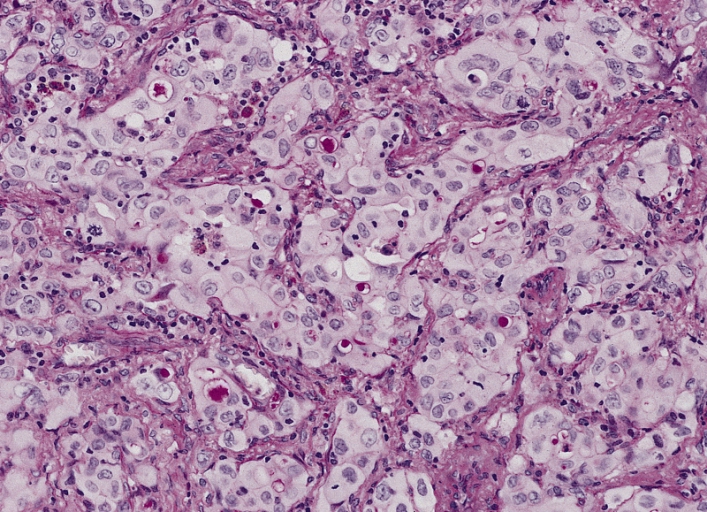Playlist
Show Playlist
Hide Playlist
Investigation of Suspected Lung Cancer
-
Slides 07 LungCancer Tumors and Metastases Neoplasias RespiratoryAdvanced.pdf
-
Download Lecture Overview
00:01 Okay, so you have a patient with suspected lung cancer, what are the important questions that you need to answer. Well the first question is if it is a lung tumour, which parts of the body have been affected and that’s called staging. Secondly you really do need to confirm whether is it a cancer or not and that can only be done by obtaining histology and in addition to that confirming various cancer if it is a lung cancer, you need to know whether if it is a small cell. Because that's not treatable by surgery or non-small cell because that's potentially treatable by surgery and then if it is a non-small cell cancer, then the next question is, has the patient got disease which is localized that they can afford to have treated by surgery or by radiotherapy. 00:51 So the staging test we do for patients with suspected lung cancer. Almost all patients will have a chest x-ray, a CT over the chest, the liver and the adrenals and various blood tests. A chest x-ray is absolutely essential to make the diagnosis in the first place. 01:12 The CT scan is the only way you can truly assess with somebody who have hilar and mediastinal lymph nodes and also tell you whether there are metastases in the other lung or other lobes of the same lung. You extend the CT scan to include the liver and adrenal, so that it also looks into metastases effecting the liver and adrenal glands. Both very common sights of lung cancer metastases. In addition the CT scan will tell you whether they are primary tumour, the start cancer, is actually invading any local tissues. So for example, if you have a cancer that is invading the aorta and that precluded from being resected because surgery would likely to be fatal due to bleeding. 02:00 The blood tests are used to assess the general health of the patient but also can give you a clue about metastatic. So for example, if you have a raised alkaline phosphatase that would suggest that they might have liver or bone metastases. Paraneoplastic syndrome which as we discussed earlier are also those that are detectable by measuring the urine electrolytes and calcium levels etc. Selected patients will have additional investigations depending on whether the clinical presentations suggest that there is metastases present. So for example, if somebody has palpable nodes in the neck you do a neck ultrasound to investigate those in further. If somebody presents with neurological signs, they will need a CT scan or MRI of the brain to identify potential metastases. If it got bone pain or raised alkaline phosphatase then you might need some form of bone scan to identify those metastases. 02:48 A spinal MRI and scan will be used for those presenting with potential vertebral metastases etc. etc. and clearly a pleural effusion can easily be tapped to obtain cytology to tell you whether it is due to cancer of not. The last test mentioned here is the PET scan. 03:04 This is a radio isotope scan using radioactive glucose. It is an incredibly useful test for identifying the potential sites of cancer. Because with the PET scan what you get is a total body assessment of where cancer is larger than 1cm or more maybe. So even if you don’t suspect somebody has metastases somewhere a PET scan may identify that. 03:28 Because the radio isotope is concentrated in areas of tumour. So PET scan is now incresingly becoming a very essential investigation of a patient who may be considered of a curative treatment.
About the Lecture
The lecture Investigation of Suspected Lung Cancer by Jeremy Brown, PhD, MRCP(UK), MBBS is from the course Lung Cancer.
Included Quiz Questions
Elevated levels of alkaline phosphatase in a patient with lung cancer may be suggestive of metastasis to which of the following organs?
- Bone and/or liver
- Brain and/or breast
- Spinal cord and/or adrenal gland
- Breast and/or thyroid
- Brain and/or gonadal tissue
Customer reviews
5,0 of 5 stars
| 5 Stars |
|
5 |
| 4 Stars |
|
0 |
| 3 Stars |
|
0 |
| 2 Stars |
|
0 |
| 1 Star |
|
0 |






